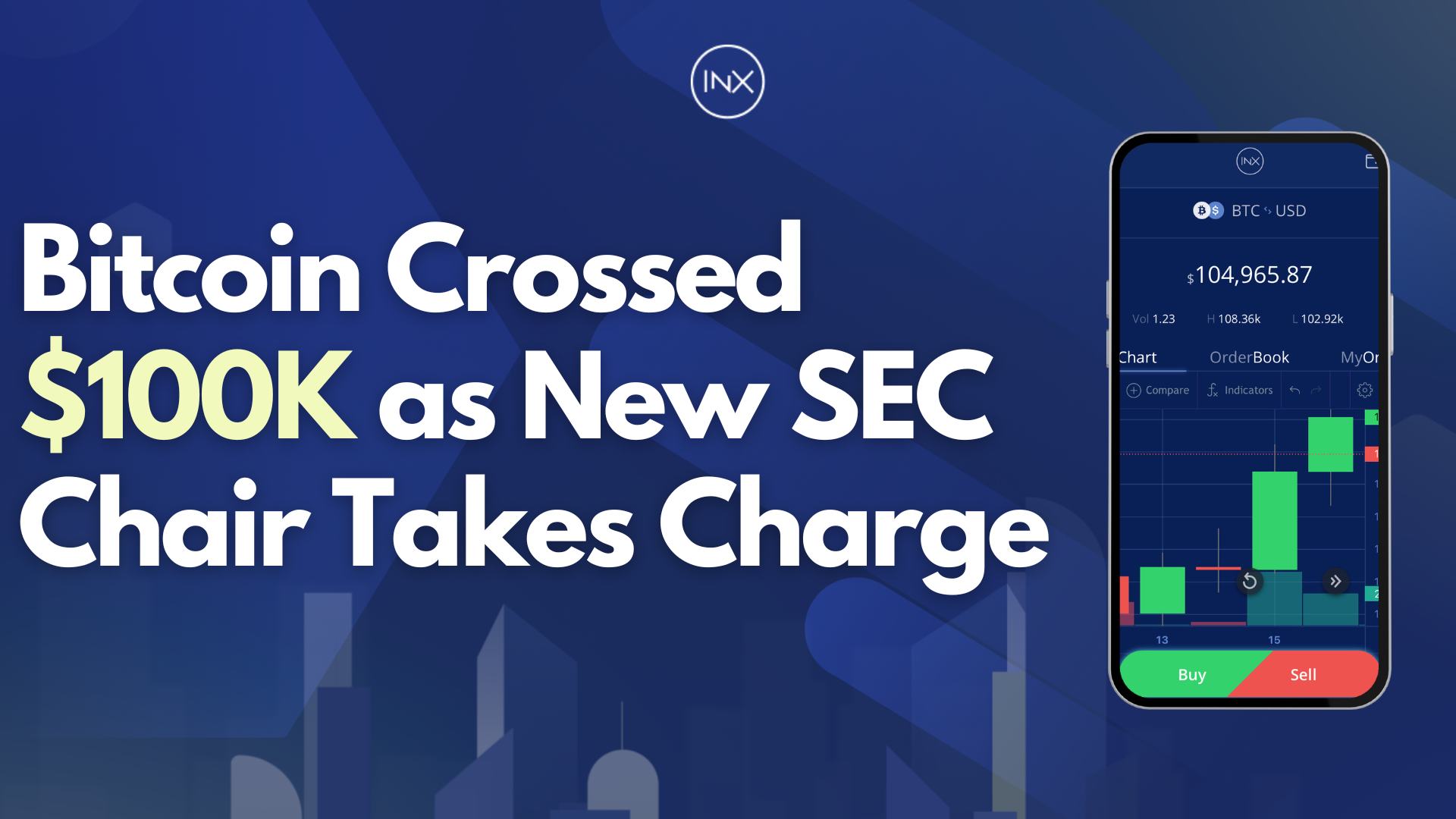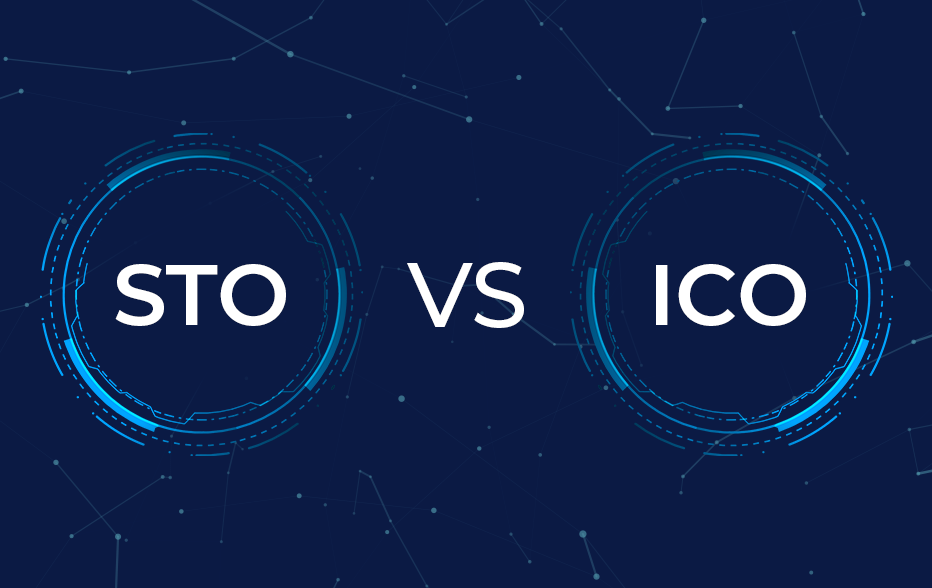What is Cryptocurrency, and how does it work?

Understanding cryptocurrencies will become more critical as we move more into the future. Over just the past couple of years, we have seen crypto change people’s lives; whether it’s paying through crypto, having more control of your assets, or even donating through crypto, it is essential to understand. Cryptocurrencies are essentially the same thing as money; they have a transactional value that you can buy and sell stuff with.
Cryptocurrency Explained
Cryptocurrency is a digital payment system that does not depend on banks to verify transactions. Frequently, they are not issued or governed by a government or other central body, and they are administered through peer-to-peer computer networks using open-source, free software. In most circumstances, anyone who chooses to engage is welcome to do so. Most importantly, cryptocurrencies give people ultimate control over their money.
For example, Bitcoin is a decentralized digital currency that can be used on the internet. Since its introduction in 2008, Bitcoin has been the most popular, influential, and well-known cryptocurrency. Bitcoin and other cryptocurrencies have grown in popularity over the last decade as digital alternatives to government-issued money.
Furthermore, cryptocurrency allows for the internet transfer of value without a third party’s participation, like a bank or price processor, enabling weight to be moved quickly and inexpensively 24/7.
How Safe Are Cryptocurrencies?
All trades are validated by operating with blockchain technology. A cryptocurrency blockchain’s ledger or balance sheet is similar to a bank: each currency has its blockchain, a continuously updated ledger of transactions. A crypto blockchain, as opposed to a bank ledger, is a decentralized ledger shared by all members of a digital currency network.
Which Cryptocurrencies Are The Most Popular?
By market capitalization, the most popular cryptocurrencies are Bitcoin, Ethereum, Litecoin, and ZCash. Some are similar to Bitcoin, while others use different technology or have additional capabilities that allow them to do more than just transport money.
How Does Cryptocurrency Work?
A blockchain is a catalog of transactions that everyone can view and verify at its most basic level. The Bitcoin blockchain records every time someone sends or receives a bitcoin. Most cryptocurrencies use this list of transactions since users who don’t know each other can conduct secure payments without going through a third-party validator. Outside of bitcoin, blockchain technology is exciting because it has multiple applications.
Medical research, improved healthcare record sharing, streamlined supply networks, increased internet privacy, and more use of blockchain. A person or a group known as Satoshi Nakamoto originally published the principles behind bitcoin and the Bitcoin blockchain online in a white paper in late 2007. The blockchain ledger is dispersed among the network’s computers, ensuring that the blockchain is correct regularly. As a result, there is no central vault, entity, or database that can be hacked, stolen, or updated.
Crypto Strategies
Some cryptocurrency strategies that beginners would benefit from knowing are:
- Day trading
Day trading is defined as buying and selling a security on a single trading day.
- Range trading
An active investment strategy in which the investor buys and sells within a defined price range over a short period.
- Scalping
Scalping is a trading strategy in which a trader profits from minor changes in currency prices over shorter time frames.
- Build balanced portfolios
It is building a portfolio that includes a variety of cryptocurrencies like Bitcoin, Dogecoin, and Ethereum.
- Try to avoid making trading calls because of the “hype” and do more research before making an impulse decision.
What Is Trading?
Trading is a basic economic concept that entails purchasing and vending investments. These can be commodities or services for which the buyer compensates the seller, and the transaction may impact other trading partners who are exchanging goods and services.
Speculating on bitcoin price changes on a trading platform is known as cryptocurrency trading (Crypto.inx.co). Alternatively, you can use an exchange to buy and sell the underlying cryptocurrencies.
The crypto day trading method comprises entering and leaving a position in the market on the same day. Because deals are frequently initiated and completed inside a single day, it is also known as “intraday trading.”
What Is The Difference Between Trading and Investing?
Even though these names are often used interchangeably, they represent two completely different approaches. Trading focuses on purchasing and selling for a brief period. On the other hand, investing is more concerned with buying and selling. Furthermore, traders move equities in and out within days, weeks, or even minutes to make short-term profits. The main concern is which way the stock will move next and how they will profit from it. On the other hand, investors have a longer-term perspective, focus on years, and frequently hold equities through market ups and downs.
How to Buy/ Invest In Cryptocurrency?
If you’re new to the crypto world, starting to buy cryptocurrencies may be intimidating. Fortunately, it’s pretty straightforward to learn how and the easiest way to start trading is through a cryptocurrency exchange like INX. INX is a well-trusted and US-regulated company. It offers many different types of cryptocurrencies on its platform that you can buy, including Bitcoin, Ethereum, Polygon, Avalanche, Litecoin, SAND, Zcash, Chainlink, and more. Here’s how you get started:
- Create an account with INX
- Set up your digital wallet
- Create and verify your account
- Deposit cash into your wallet to invest
- Place your cryptocurrency order
How Do You Store Cryptocurrency?
Bitcoins are stored in a digital wallet, similar to how cash and credit cards are stored. No hardware-based digital wallet or a web-based digital wallet may be utilized to protect the private keys and access address. The wallet may be saved on a mobile device, a computer desktop, or written on paper.
What is Cryptocurrency Mining?
The vast majority of people regard crypto mining as nothing more than a means of creating new money. On the other hand, Crypto mining comprises confirming bitcoin transactions and adding them to a blockchain network’s distributed ledger. Crypto mining protects the digital currency from spending twice on a decentralized network.
Adding new transactions to the blockchain is verified using the proof-of-work (PoW) algorithm. The winner of the tournament gets a share of the money and transaction fees that are generated.
What Can You Do With Cryptocurrency?
Due to the lack of a central bank, cryptocurrency may be used to buy goods and services and be kept as part of an investment plan. It makes no difference what occurs to a government; your cryptocurrency will be immune from harm. Digital currencies provide equal opportunity despite your birthplace or current location. If you have a smartphone or any device that connects to the internet, you can access the same cryptographic information as everyone else.
Cryptocurrencies offer one-of-a-kind opportunities for people worldwide to gain economic independence. Digital currencies’ inherent border lessness encourages open trade, especially in nations where the government controls citizens’ cash. Cryptocurrencies may provide a substitute for failing fiat currencies for savings and payments in countries where inflation is a significant concern.
Advantages of Trading with INX
INX allows cryptocurrencies to be listed and traded with full regulatory compliance, fair trading regulations, security processes, and privacy safeguards. INX manages wallets, creates reports, and keeps track of balances. Additionally, trade confirmation and reporting systems continuously monitor and execute positions and trades. Moreover, INX allows traders and investors to place trades and monitor their accounts through financial intermediaries.
FAQ
What is the mining of cryptocurrencies?
Solving complex cryptographic mathematical problems is required for mining cryptocurrencies, and this necessitates the use of computers with particular specifications and a reliable internet connection. Because of the increasing difficulty levels, cryptocurrency mining has only become more complicated over time.
Can cryptocurrencies fail?
Yes. It is estimated that around 2,000 cryptocurrencies have failed, and this is due to several issues, including a lack of funding both at the start and later on, a failure to evolve, and a few outright frauds.
Are blockchain and cryptocurrencies the same?
No. Blockchain is the technology that allows cryptocurrencies to function. It’s a digital transaction ledger for cryptocurrency and other assets/functions that’s decentralized. It’s important to distinguish between the technology that underpins cryptocurrencies and the actual cryptocurrency.
Is it possible to use cryptocurrency to make purchases?
Yes, it is possible. The use of cryptocurrencies to make online purchases is possible. The top 5 companies that accept bitcoin payments are Microsoft, Expedia, eGifter, Shopify, and overstock.
David Azaraf June 10, 2022
Crypto enthusiast, help businesses plug into the token economy






